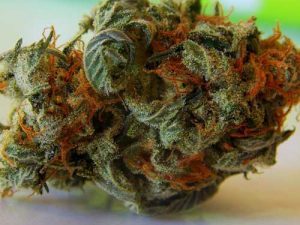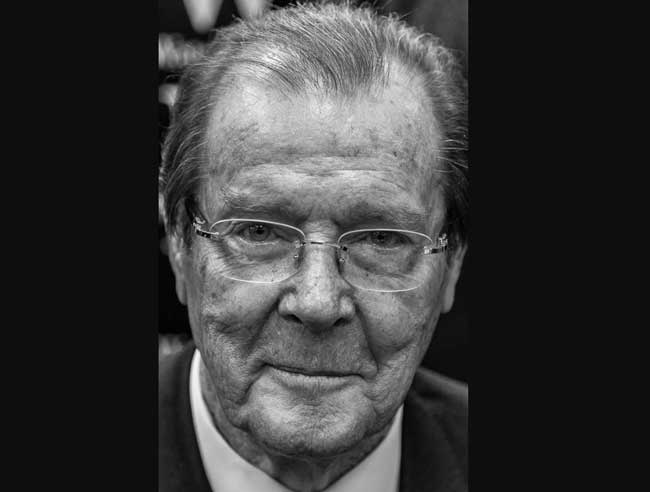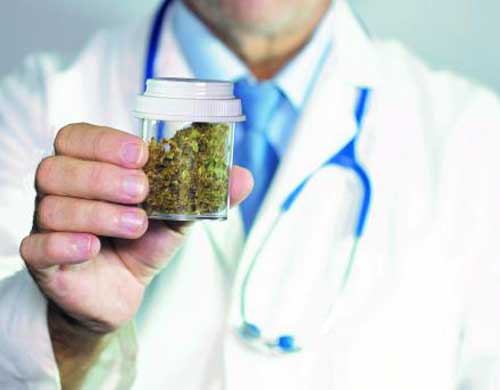
In a sweeping act of clemency involving a drug now in widespread recreational use, Wes Moore, the governor of the U.S. state of Maryland, signed an executive order Monday pardoning 175,000 low-level marijuana convictions.
Moore said the action was meant to address the injustices the state’s drug policies have had on African Americans.
The pardons will reach anyone with a misdemeanor for marijuana possession or paraphernalia.
“Cannabis convictions for hundreds of thousands of people here in Maryland were scarlet letters, modern-day shackles,” said Maryland’s Attorney General Anthony Brown.
“This morning, I can almost hear the clanging of those shackles falling to the floor,” Brown said.
The order comes after a similar pardon was made by the Massachusetts governor last spring.
The Biden administration in April tried to make marijuana a less serious crime at the federal level.
Maryland’s pardons were celebrated by criminal justice reform activists, including Jason Ortiz, director of strategic initiatives for the Last Prisoner Project, who was arrested at age 16 for marijuana possession.
“Today is literally the most powerful day in cannabis justice history for the entire nation. That’s an incredible thing,” Ortiz told Agence France-Presse News Service.
Moore, Maryland’s first Black governor, said he planned to help reverse the harm that’s been done through marijuana policy, pointing out that convictions have limited people’s access to employment, education and housing opportunities.
He said that nearly half of all state drug arrests in the early 2000s were for cannabis. After a statewide referendum in 2022, Maryland legalized the adult use of marijuana in 2023.
The governor also said that Black Marylanders were three times more likely than white residents to be held on cannabis-related charges.
“We cannot address the benefits of legalization if we do not address the consequences of criminalization,” Moore said.
Although 33 percent of Maryland’s 6 million residents are Black, Black men make up over 70 percent of the male incarcerated population.
Marijuana use and possession is illegal under federal law, but 24 U.S. states have legalized its recreational use under state law.
[content id=”52927″][content id=”79272″]








